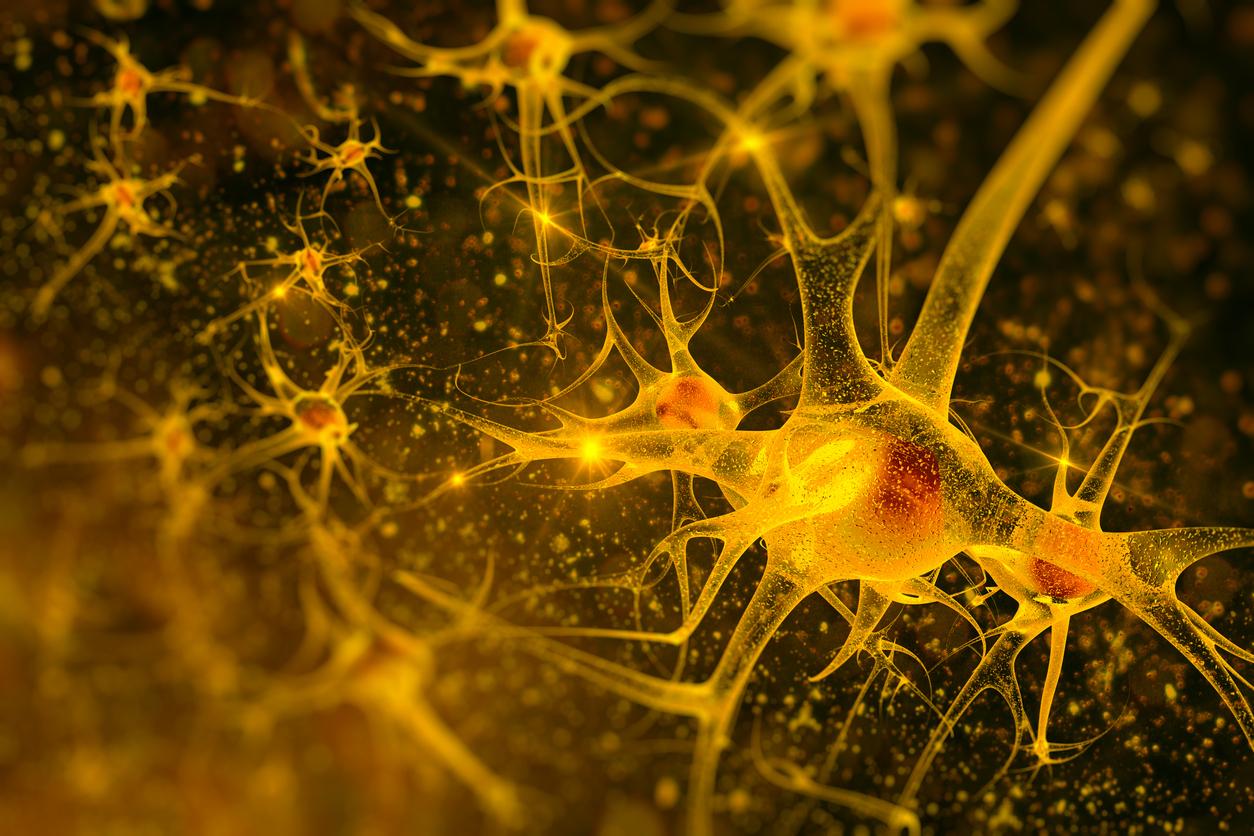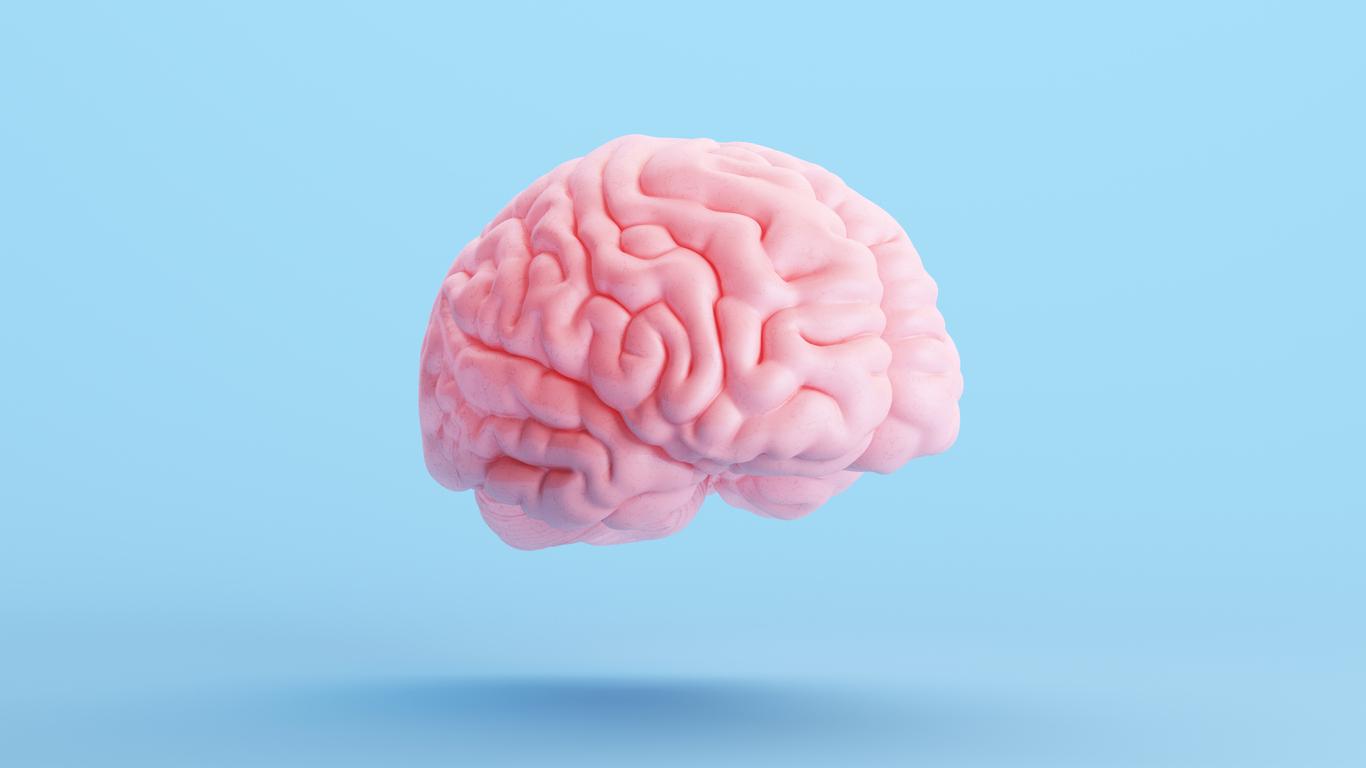According to a British study, the same genes are involved in the acquisition of reading and mathematics. But the environment and family support remain decisive.

British study published in the newspaper Nature Communications adds new arguments to the debate on the role of genetics on children’s academic skills. It underlines, in fact, that most of the genes involved in the acquisition of reading also intervene in mathematical aptitudes, but without identifying these particular genes.
Dyslexia and discalculia
The study was carried out on twins, with a similar genotype and affected by the same family environment, from 2,800 English families. The researchers found that 62% of the observed reading and math skills could be explained by variations in genes. Among these, between 10 and 50% of the genes involved in the acquisition of aptitudes for these two disciplines would be common.
These results are only limited in scope for the moment, as no genes are precisely identified. Nevertheless, they show that dyslexia, which affects between 5 and 10% of children in France, could be explained by genetics. This also confirms that a child can combine dyslexia and dyscalculia (disorders related to numbers).
In fact, it is one more stone brought to the building, to better understand the part of genes and the part of the environment in the disorders linked to the learning of reading and arithmetic.
Strengthen the role of the environment
The researchers point out that, despite these results, the environment and parental support play such an important role in the development of skills in children. If other studies complement this one, showing that genes can influence up to 60% of national exam results, none denies that the child’s environment is key to his or her academic success.
.















